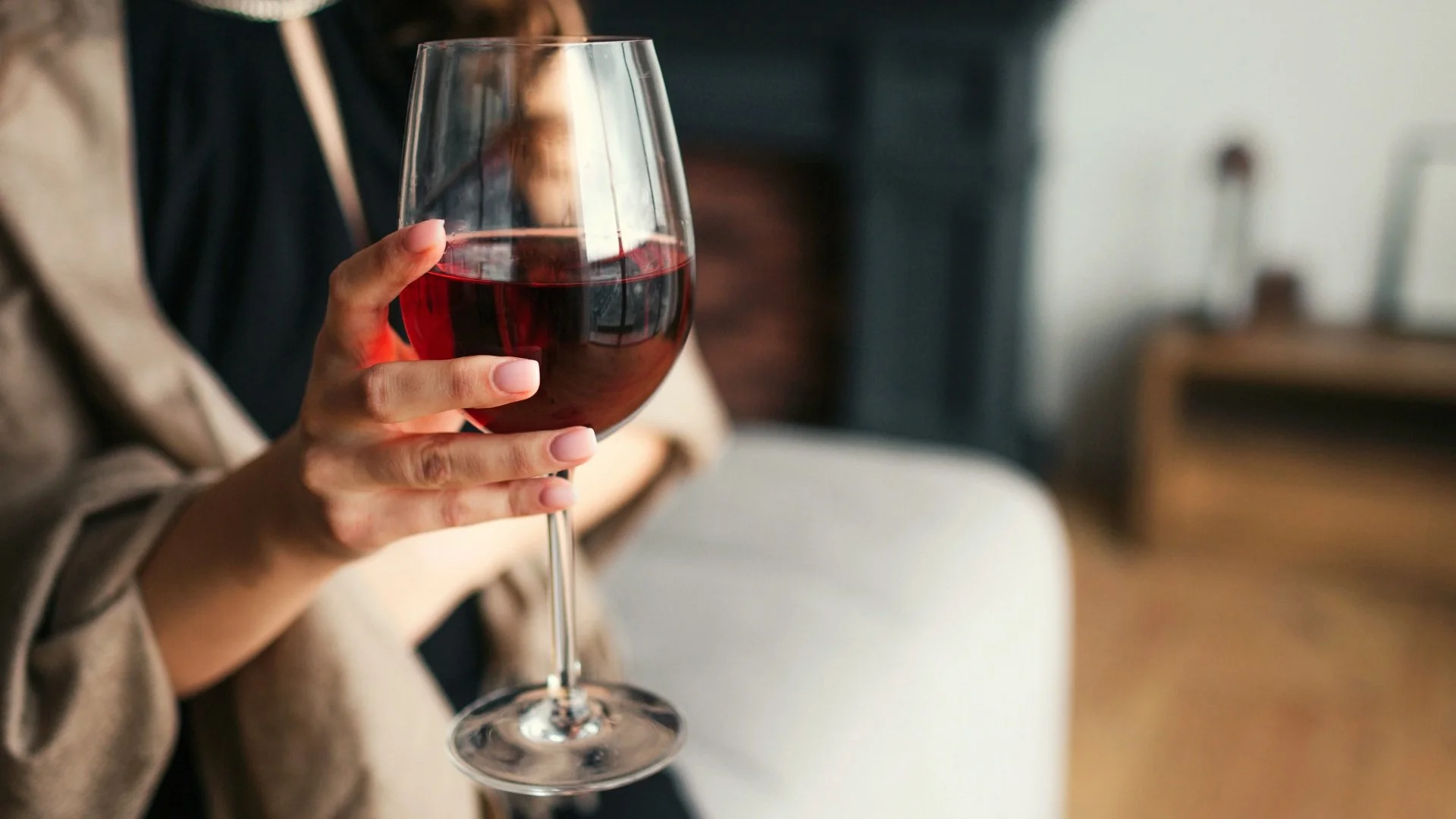Switching Off: The Truth About Alcohol and Relaxation
Introduction
In today's fast-paced world, many turn to alcohol as a quick fix for stress relief and relaxation. For a long time, my go-to explanation for ending the day with a glass of wine was that it helped me to "switch off." And, indeed, it seemed to do the trick—until I realized this was just a story I was telling myself. Yes, it helped me switch off temporarily, but it wasn't truly fulfilling this promise.
So, let's explore whether alcohol is truly effective in helping us unwind or if it contributes to a cycle of greater anxiety and stress in the long run. I'll debunk some common myths surrounding alcohol and relaxation and introduce healthier, more sustainable ways to find peace.
The Science Behind Alcohol and Relaxation
Alcohol is often perceived as a relaxant because it initially latches onto the GABA receptors in our brain, which are responsible for calming us. This effect can momentarily soothe our nerves, helping us "forget" about our troubles and giving a false sense of tranquility. However, alcohol lowers our brain's natural production of GABA, leading to increased anxiety and stress over time, as the body thinks it needs to produce less. This means that when we don't have a drink, our natural production of GABA isn't there to chill us out.
The Impact on Blood Sugar Levels
Another critical factor is how alcohol affects our blood sugar levels. Alcohol consumption can lead to significant blood sugar fluctuations, leaving us feeling more anxious and irritable. The body's struggle to maintain stable blood sugar levels can result in mood swings and heightened anxiety, counteracting any temporary calming effects alcohol may initially provide.
Depletion of Essential Nutrients
Alcohol is known to deplete our bodies of essential minerals and water-soluble vitamins such as magnesium and B vitamins, which play vital roles in managing stress, anxiety, and brain function. Magnesium is crucial for muscle relaxation and nervous system regulation, while B vitamins are essential for energy production and maintaining a stable mood, including neurotransmitters like dopamine, serotonin (for happiness), and GABA (for relaxation). The depletion of these nutrients due to alcohol consumption can exacerbate feelings of stress, creating a vicious cycle.
The Dopamine Dilemma
Chasing the dopamine high that alcohol provides can lead to increased anxiety. While alcohol may offer an initial boost in dopamine—the "feel-good" chemical—this surge is temporary and followed by a drop, leaving us more anxious and unfulfilled. The constant pursuit of dopamine hits through alcohol leads to a rollercoaster of moods, hindering our ability to achieve genuine happiness and relaxation.
Alcohol's Social Impact
Furthermore, the drama alcohol can introduce into our personal lives, such as conflicts with family and friends, hardly contributes to a relaxed lifestyle. These social stressors can add to our overall anxiety levels, further diminishing any short-term relaxation alcohol might seem to offer.
Healthier Alternatives for Relaxation
True relaxation involves adopting habits that naturally support our well-being. It's important to choose activities that you find enjoyable—naturally stimulating dopamine—and that also provide a sense of relaxation. While mindfulness and meditation might not resonate with everyone, they can be game-changers if they work for you.
Consider these ideas:
Physical Exercise: Regular physical activity is a natural stress reliever. Exercise releases endorphins, enhances mood, and improves sleep quality, contributing to a more relaxed state of mind.
Engaging in Hobbies: Pursuing hobbies that you are passionate about can offer purpose and joy. Whether it's painting, gardening, or playing music, engaging in activities you love can help you unwind and relieve stress.
Mindfulness and Meditation: Practicing mindfulness or meditation can provide deep relaxation, helping us focus on the present moment and ease anxious thoughts. These techniques encourage a state of calm and clarity that is both sustainable and nurturing.
Building Relaxation Habits
Creating a sustainable relaxation routine involves integrating practices that align with your lifestyle and values. Consider setting aside regular time each day for activities that calm your mind and body, such as yoga, reading, or spending time in nature. Prioritizing self-care is essential for achieving a deeper and more lasting sense of peace.
Assess How Alcohol Relaxes You: If you’re still drinking, it can be helpful to document your true feelings about how alcohol relaxes you. Consider how relaxed you feel before drinking, after the initial drink, as the evening progresses, and into the next day. An honest evaluation can be illuminating.
Conclusion
Drinking might seem like a short-term fix for chilling out, but I convinced myself otherwise for years. As a short-term fix, it can explain why taking a break can be problematic. Your body may lack appropriate levels of natural relaxation neurotransmitters (like GABA), and you might not have other relaxation options readily available.
True relaxation goes beyond temporary fixes like alcohol. It involves practices that support your mental, emotional, and physical well-being—finding what works specifically for you. By understanding the limitations of alcohol as a stress reliever and trying healthier alternatives, it becomes easier to take a break and maintain an alcohol-free lifestyle if that’s your wish.
The key to lasting relaxation lies not in substances, but in genuine methods that nurture and rejuvenate your spirit.







